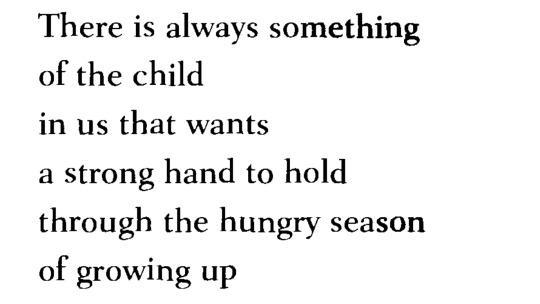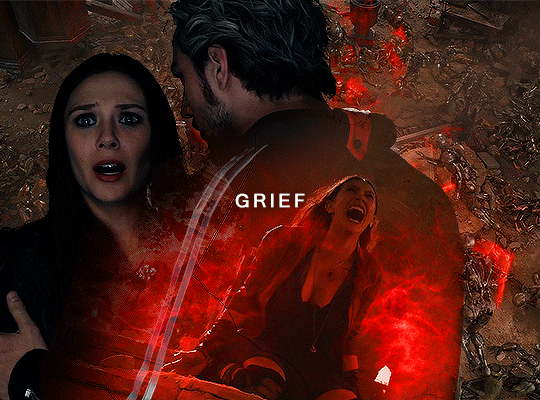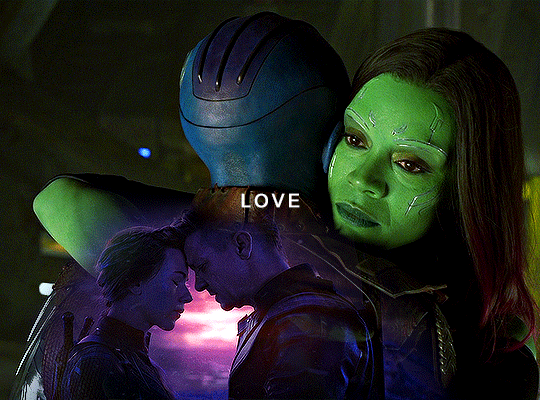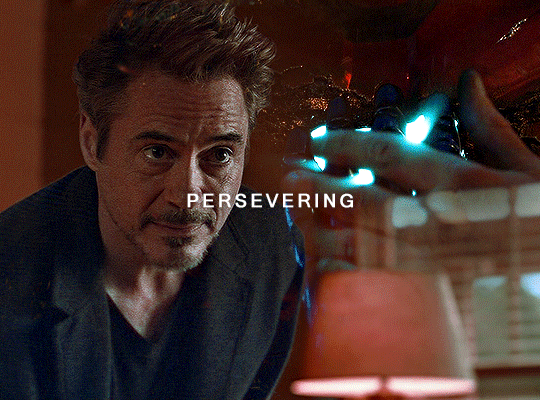Text
A Guide to Writing: Making New Cultures
Cultures, like anything, take time to build. They are what define a people and what make their customs. It’s complicated and integrated into their society. It changes as the people change but the fundamentals often remain unchanged even centuries and millennia into the future.
When creating new worlds, if it’s not set in the world that we know, then the people, while being similar, will be different. What they hold as value will be different. That’s where new cultures come in. countries will be define by something and way out of the way towns will have things that are connected to them. Making new cultures can be a messy process, and I am by no way an expert, but there are at least five things that define a culture and should be present and known.
Customs
Customs are a traditional ways of doing something specify to a set of people or place. If you can’t think of any, think of some traditions that are from where you’re from. For example, in America and many other countries, it’s traditional to put up a tree for the winter holidays.
If the story you’re writing centers around a new culture, then the customs of its people is something that should come into play, even it’s something small. Maybe it’s someone coming of age. Maybe it’s someone passing away. Whatever the case, customs are a personal thing that people share. Be sure to not overlook them.
Arts
Art is a way people share their thoughts that are hard to convey. A way to pass on knowledge and to capture the emotions. Perhaps they capture their history in tapestries and artisans make paintings for a living.
Not only that, body art is an important part of many cultures. Maybe tattoos mean something at a certain age or it’s something like a brand. Perhaps they’re just decorative and meant to look flashy.
Social Institution
A social institution is a group of people who are together for a common purpose such as economy and government. These institutions are a part of the social order of society and they govern behavior and expectations of individuals.
For example, a charities and other nonprofit organizations fall under this category. In this culture you’re writing about, how do they feel about such organizations? Are the promoted? Frowned upon? Not only that, but this includes the education system, cultural groups, how families are defined, health care, market values, politics, and religions.
Each of these things may not hold equal value, or perhaps they all have the same weight. Are the church (in this instance used only to refer to religion) and state separate or together? Is the market, trading goods and services, more important than anything else? What’s the health of the people like and what methods do they use for healing?
Achievements
Achievements, in this case, are defined as things the people have done to better and further themselves. What are some of the things these people have done since they became a people? Was something medical? Was it something that benefited not only them, but the people around the as well?
However, the achievements don’t always have to grand. It could be something small like finding an easier way to make paint or a way to make their weapons. Achievements are things that are well earned and come from something small like inconvenience or big like a fight.
And not all that glitters is gold. An achievement can benefit the majority, but what about everyone else? Is it useful to everyone? Does it need to be? More importantly, what was the reason? It doesn’t always need to be known in detail, but things happen for a reason. As the writer, you, are the very least, need to know.
Behavior Characteristic
We all know that there are somethings that are frowned upon in modern culture. Things like people with breasts going around topless or anyone walking pants-less through the streets. There are certain things people just don’t do because of the consequences and the culture.
What are some of the things that are okay for people to do? What are things that are harmless yet frowned upon? There are things that are widely accepted and if these normal things are challenged then it should be explain if it’s not something carried over from a real culture.
If there are things that are carried over from real cultures, then that’s a tricky ground to walk on if you don’t know anything. Research and asking are an important part of this process if you want to do this. Carrying over form real cultures is fine as long as it’s not a bastardization of it.
Of course, like I said in the beginning of this, I’m not an expert. I don’t really know everything there is to know but this is what I’ve realized when making new cultures myself.
See ya, kiddos
9K notes
·
View notes
Text
Experiencing Childhood Trauma Makes Body and Brain Age Faster
Children who suffer trauma from abuse or violence early in life show biological signs of aging faster than children who have never experienced adversity, according to research published by the American Psychological Association. The study examined three different signs of biological aging—early puberty, cellular aging and changes in brain structure—and found that trauma exposure was associated with all three.
“Exposure to adversity in childhood is a powerful predictor of health outcomes later in life—not only mental health outcomes like depression and anxiety, but also physical health outcomes like cardiovascular disease, diabetes, and cancer,” said Katie McLaughlin, PhD, an associate professor of psychology at Harvard University and senior author of the study published in the journal Psychological Bulletin®. “Our study suggests that experiencing violence can make the body age more quickly at a biological level, which may help to explain that connection.”
Previous research found mixed evidence on whether childhood adversity is always linked to accelerated aging. However, those studies looked at many different types of adversity—abuse, neglect, poverty, and more—and at several different measures of biological aging. To disentangle the results, McLaughlin and her colleagues decided to look separately at two categories of adversity: threat-related adversity, such as abuse and violence, and deprivation-related adversity, such as physical or emotional neglect or poverty.
The researchers performed a meta-analysis of almost 80 studies, with more than 116,000 total participants. They found that children who suffered threat-related trauma such as violence or abuse were more likely to enter puberty early and also showed signs of accelerated aging on a cellular level–including shortened telomeres, the protective caps at the ends of our strands of DNA that wear down as we age. However, children who experienced poverty or neglect did not show either of those signs of early aging.
In a second analysis, McLaughlin and her colleagues systematically reviewed 25 studies with more than 3,253 participants that examined how early-life adversity affects brain development. They found that adversity was associated with reduced cortical thickness—a sign of aging because the cortex thins as people age. However, different types of adversity were associated with cortical thinning in different parts of the brain. Trauma and violence were associated with thinning in the ventromedial prefrontal cortex, which is involved in social and emotional processing, while deprivation was more often associated with thinning in the frontoparietal, default mode and visual networks, which are involved in sensory and cognitive processing.
These types of accelerated aging might originally have descended from useful evolutionary adaptations, according to McLaughlin. In a violent and threat-filled environment, for example, reaching puberty earlier could make people more likely to be able to reproduce before they die. And faster development of brain regions that play a role in emotion processing could help children identify and respond to threats, keeping them safer in dangerous environments. But these once-useful adaptations may have grave health and mental health consequences in adulthood.
The new research underscores the need for early interventions to help avoid those consequences. All of the studies looked at accelerated aging in children and adolescents under age 18. “The fact that we see such consistent evidence for faster aging at such a young age suggests that the biological mechanisms that contribute to health disparities are set in motion very early in life. This means that efforts to prevent these health disparities must also begin during childhood,” McLaughlin said.
There are numerous evidence-based treatments that can improve mental health in children who have experienced trauma, McLaughlin said. “A critical next step is determining whether these psychosocial interventions might also be able to slow down this pattern of accelerated biological aging. If this is possible, we may be able to prevent many of the long-term health consequences of early-life adversity,” she says.
492 notes
·
View notes
Photo
This is adorable
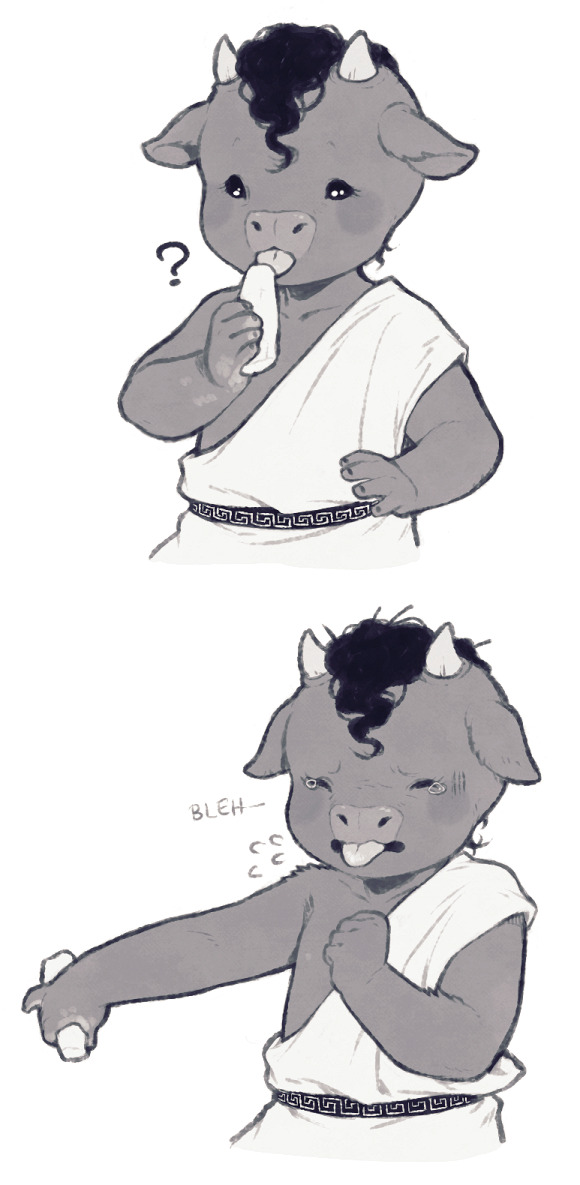


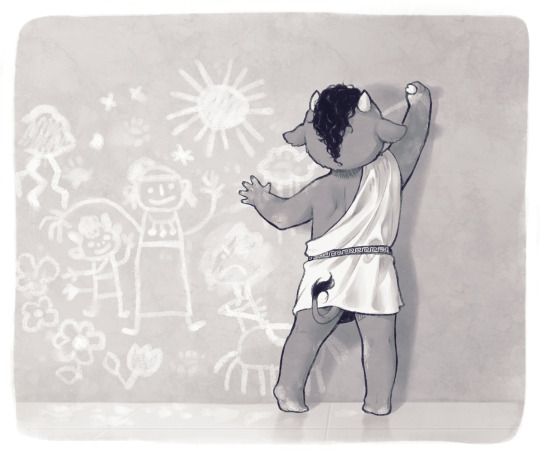
the wretched abomination known as the minotaur has discovered some chalk
196K notes
·
View notes
Photo
This is adorable




the wretched abomination known as the minotaur has discovered some chalk
196K notes
·
View notes
Photo


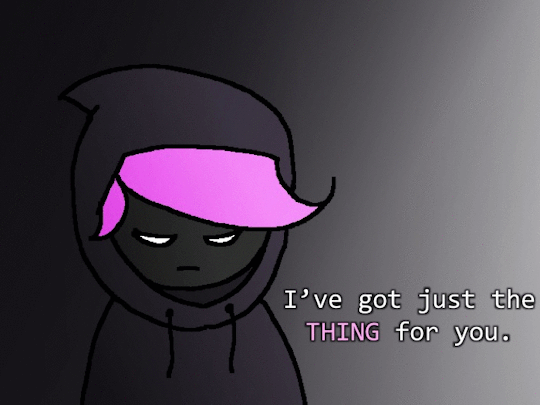
So, let me guess– you just started a new book, right? And you’re stumped. You have no idea how much an AK47 goes for nowadays. I get ya, cousin. Tough world we live in. A writer’s gotta know, but them NSA hounds are after ya 24/7. I know, cousin, I know. If there was only a way to find out all of this rather edgy information without getting yourself in trouble…
You’re in luck, cousin. I have just the thing for ya.
It’s called Havocscope. It’s got information and prices for all sorts of edgy information. Ever wondered how much cocaine costs by the gram, or how much a kidney sells for, or (worst of all) how much it costs to hire an assassin?
I got your back, cousin. Just head over to Havocscope.
((PS: In case you’re wondering, Havocscope is a database full of information regarding the criminal underworld. The information you will find there has been taken from newspapers and police reports. It’s perfectly legal, no need to worry about the NSA hounds, cousin ;p))
Want more writerly content? Follow maxkirin.tumblr.com!
419K notes
·
View notes
Text
Just remember. There is no such thing as a fake geek girl.
There are only fake geek boys.
Science fiction was invented by a woman.
1M notes
·
View notes
Text
I have decided that until the whole flippin season is released, I am not watching Sk8 the infinity, as I can not stand watching everyone in pain because some idiot rich man decided he wanted to mess with people. And because other humans are jerkasauruses
#sk8 the infinity#my heart#pain#i am serious#let me know when the season is done#may i join the 'lets kill adam club' please#as well as my application for both the Reiki protection squad and as therapist to all these poor children
9 notes
·
View notes
Text
Reki would rather push langa away then go through the experience of being left behind by pretty much his only friend and now im sad
958 notes
·
View notes
Text
what hurted me the most in this episode was the way we slowly saw reki stop smiling. at the start he was full of joy and smiles, was proud to see langa doing amazing and happily skated his way, but slowly his expression went down hill. from all sides he was told he isn't enough, he isn't someone important. he saw no results in his effort. still he put on that smile. but in the end, even that fadet away.
1K notes
·
View notes
Text
Hey, I just wanted to point out that I think it’s pretty incredible that sk8 managed to hit on such a real and relatable feeling of being ‘less than’ in a really mature and realistic way. I started watching this show because I thought it was going to be brainless nonsense but I’m really really impressed with the character driven storytelling.
2K notes
·
View notes
Text
You know what really makes me sad? The fact that Reki really loves skating. He enjoys it so freaking much and he is so passionate about it. The boy literally works on a skate shop and makes his own boards. Seeing how his insecurities are taking away his excitement for the thing he loves the most is truly heartbreaking.
2K notes
·
View notes
Text

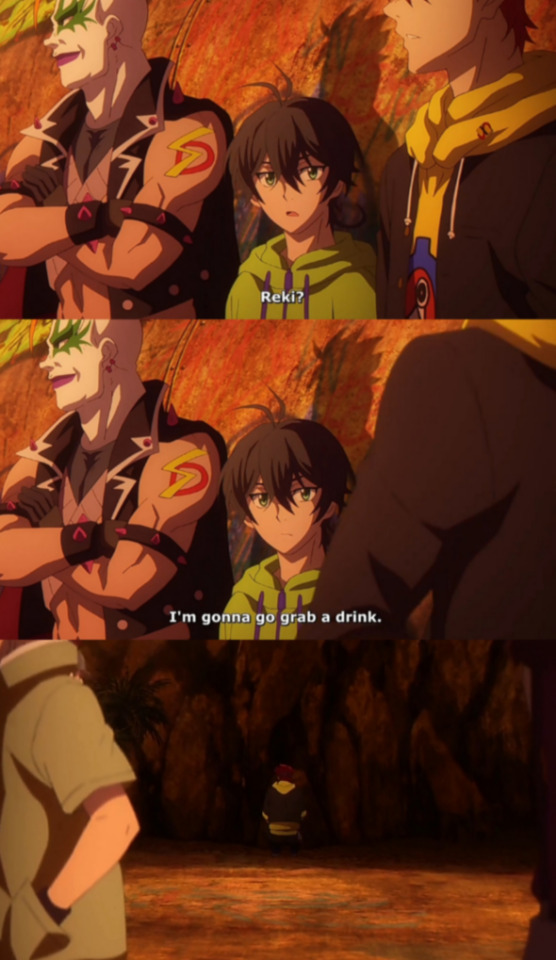
the next time reki goes to grab a drink can somebody pLEASE JUST CHECK ON HIM TF
3K notes
·
View notes
